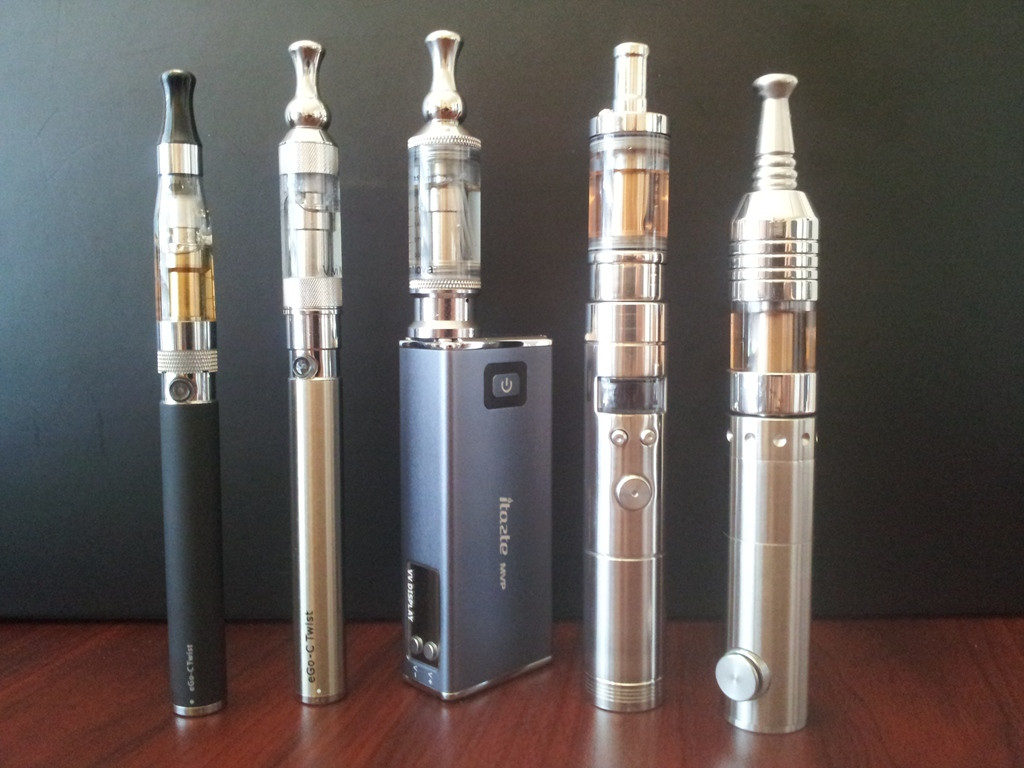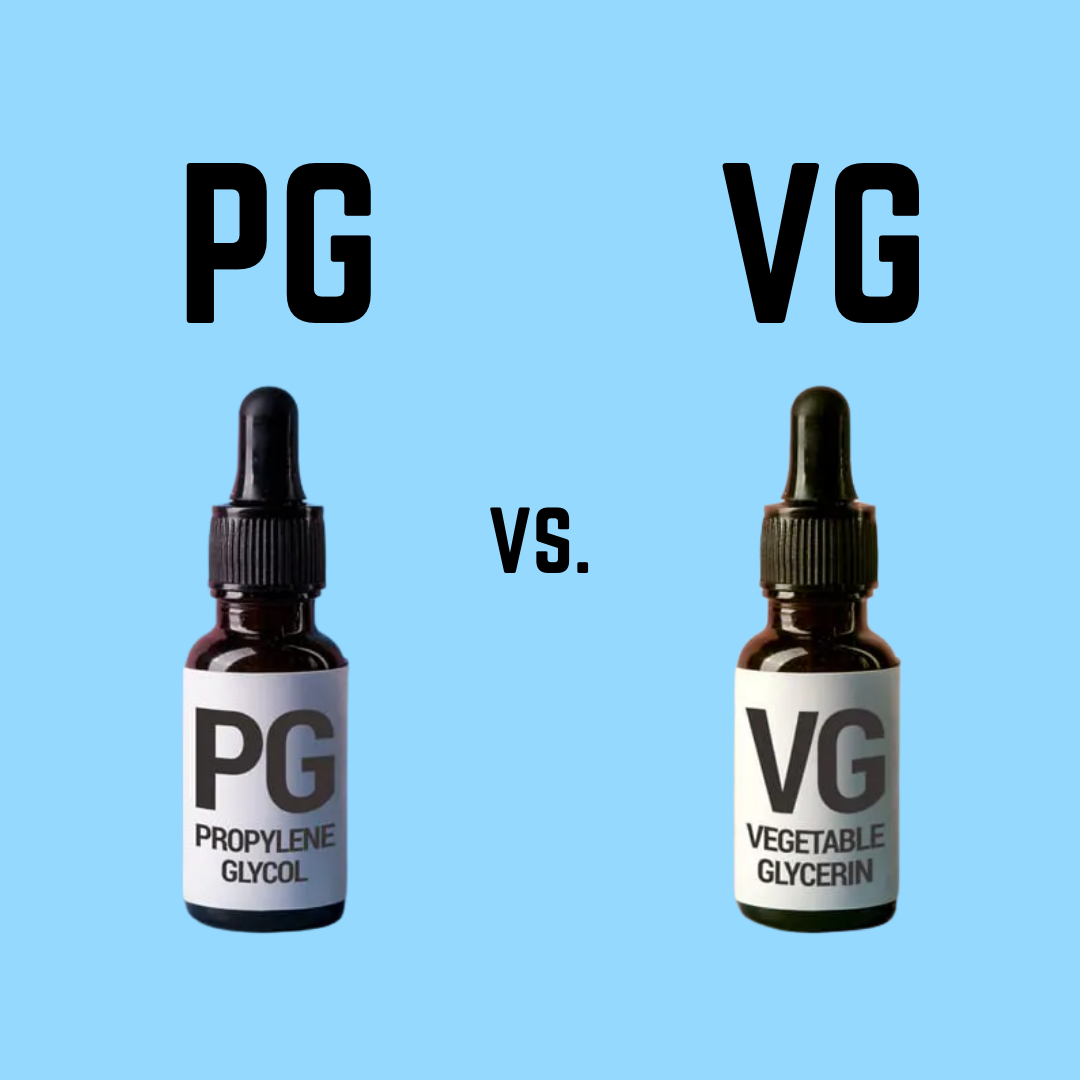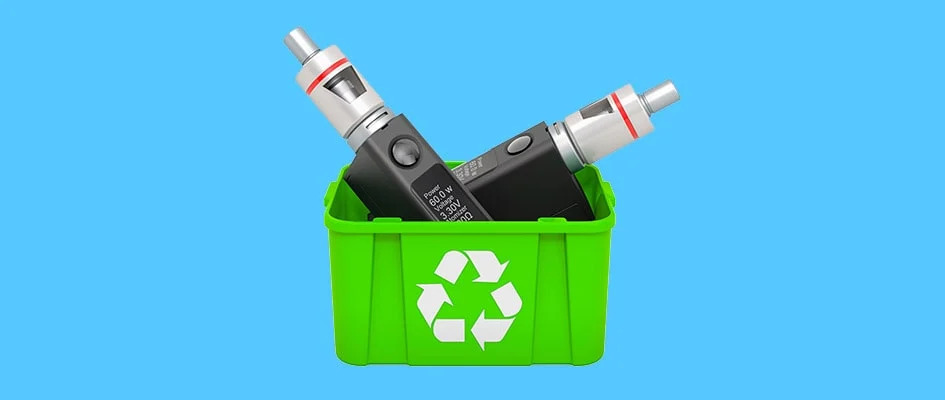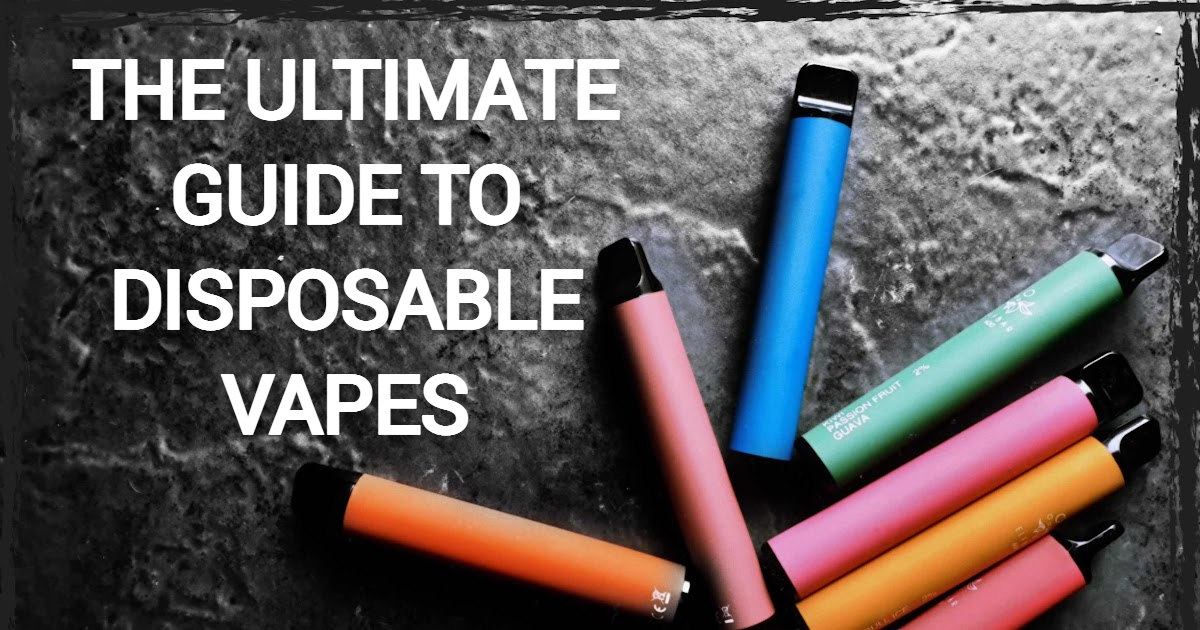Common Side Effects Of Vaping & How to Prevent Them

What Is Vaping?
It’s when you use a handheld tube, or tank, attached to a mouthpiece that makes a vapor you inhale. There are different types, such as vape pens, e-cigarettes, e-hookahs, and mods. But they all heat liquid chemicals (“e-juice”) into a mist you breathe in like a cigarette or pipe.
For smokers everywhere, vaping has had an instrumental effect on changing their lives. As a cheaper, smarter and healthier alternative to smoking tobacco, vaping has brought about a revolutionary change.
However, like most things, vaping produces some side effects too in some people. While most vapers report that even when they experienced symptoms, they were only short-lived and minor, a handful of people have experienced more unpleasant reactions.
Some Minor Vaping Side Effects But it’s Still 95% Safer than Smoking
Vaping is proven to be 95% safer than smoking but nothing you put in your body can technically be called 100% safe.
I mean if you drink too much water in one go – water intoxication – it can be deadly.
Like I said nothing is 100% safe.
Don’t forget that in most cases, vapers only experience side effects due to poorly maintained equipment, excessively high nicotine levels in their e-juice or other existing health problems.
In this article, we take a look at the side effects which may be associated with vaping so you can get some answers that will help you to determine what you’re experiencing.

One commonly experienced side effect associated with vaping is dehydration. This problem isn’t actually caused by e cigs; however vaping does make you more likely to experience this problem.
We often experience dehydration anyway in daily life, and most people simply resolve the problem by drinking more water whether they vape or not.
Dehydration manifests itself as dryness in the mouth or through, fatigue or actual thirst. If you always carry a water bottle with you, you can sip it while you vape to prevent dehydration.

One more relatively common symptom that many vapers experience is dry mouth. This is, as you might imagine, associated with dehydration.
It happens particularly when you use a vape juice with a high PG content. PG is hygroscopic which means it attracts water molecules.
This leaves you with the sensation of having a very dry mouth. One way of avoiding this is to try taking direct to lung hits rather than mouth to lung hits. However, if you’re going to try this, make sure you use an e-juice with a high VG content.

All vapers dread developing the vaping headache. This is common in newbie vapers and in those who are still unused to their new vaping device.
It also happens if you haven’t yet found which nicotine level best suits your needs. Headaches often occur while you’re in the trial and error process of getting the right type of vaping experience for you.
It’s therefore important to listen to your body and make your decisions according to the way you feel.
Vaping headaches tend to go away by themselves after a few hours. If you carry on getting them, however, try switching to an e-liquid with a VG base instead of a PG one.
You may also be inhaling excessive amounts of nicotine or even vaping excessively. A headache could be a sign that it’s a good idea to decrease the frequency of your vapes.
Some people even find that certain flavours of e-liquid give them a headache, so if you’ve been fine in the past and then changed your flavour, you might want to think about going back to your old one

Vape tongue is a problem which you can easily fix. It occurs when you use one flavour for excessive periods of time.
You can resolve the issue by simply switching to a different type of e-liquid. This is a good thing since you can experiment and try new things.
When you return to your previous favourite, you’ll discover that the flavour is just as good as it ever was (as long as you clean out your vape tank first!)

Most vapers will at some time experience the effect of excessive nicotine vaping. It’s all too easy to get it wrong and use an e-juice which has too high a concentration of nicotine or use a new atomizer which delivers a larger amount of vapour than you usually enjoy.
You’re very unlikely to experience an overdose of nicotine as this can usually only occur if you drink a high concentration of nicotine (at least 500mg or more).
However, if you’re experiencing any of the following symptoms, you might want to reduce the nicotine level of your e-liquid:
1.Light-headedness
2. Dizziness
3. Nausea
4. Headaches
5. Insomnia
6. Cold sweats
7. Jitteriness or anxiety
8. Ringing in the ears
9. Racing heart
If you’re feeling any of these symptoms, you should stop vaping, at least for a while. They will disappear.

It’s quite normal for those who are newcomers to vaping to cough for the first few times. They aren’t yet accustomed to the sensation, however, over time you’ll develop your own preferred method of inhaling, and the coughing will stop.
If you carry on coughing after you’ve vaped a few times, it might be time to think about revising the way in which you inhale and try to take a longer pause between each hit.

The final symptom on this list is a sore throat. This is another fairly common side effect experienced by vapes. It is common among vapers who are transitioning from smoking and who prefer mouth to lung hits.
If you choose a high nicotine level e-juice, you’ll enjoy the same throat hit that you enjoyed when you smoked tobacco cigarettes, but on the downside, you could well experience irritation in your throat which can result in soreness and discomfort.











